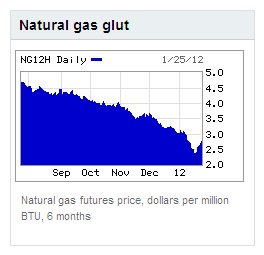The Texas Supreme Court issued its opinion today in Edwards Aquifer Authority v. Day, more than a year after it was argued and some thirteen years after the controversy began. It has been eagerly awaited as the court’s ruling on whether a landowner has a “vested” right in groundwater under his/her land. The Court held that groundwater, like oil and gas, is “an exclusive and private property right … inhering in virtue of [the landowner’s] proprietorship of the land, and of which he may not be deprived without a taking of private property.” The case is being heralded by property rights advocates as a victory for private property rights. The court’s decision, in an opinion by Justice Nathan Hecht, was unanimous.
The opinion is certainly not surprising. It would have been a surprise to most people to learn that they do not have ownership rights in groundwater under their property. But I question whether it is such a victory for property owners and whether it will materially change the current regulatory scheme for groundwater in Texas.
Justice Hecht’s opinion, 49 pages, includes a good summary of the history of groundwater regulation and litigation in Texas over the last 100 years. Remarkably, in all that time the Court had never ruled on the question of whether landowners have a property right in groundwater. The court held that the same rules should apply to groundwater as apply to oil and gas – in both, the landowner has an ownership right in the substance under his/her land, subject to being divested of that ownership by drainage from wells on adjacent lands, and subject to reasonable regulation by the state.




